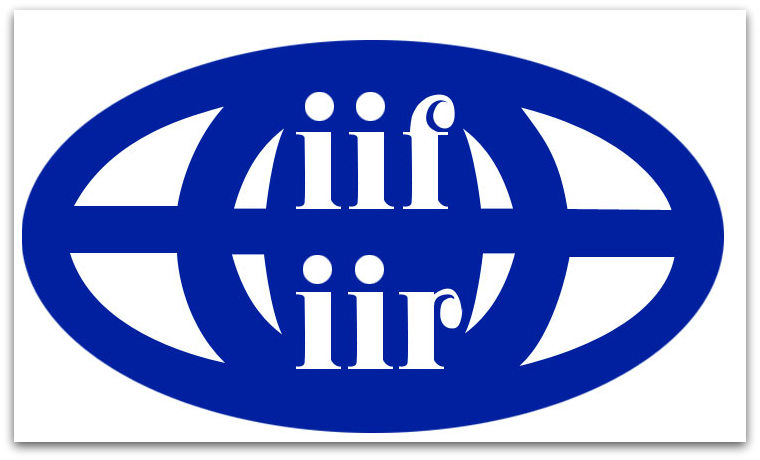Compensation of neglected interactions while calculating freezing temperature of water-propylene glycol coolant
DOI: 10.21047/1606-4313-2017-16-1-79-83
UDC 621.564.3
Kirillov V. V., Chashnikova V. V.
Keywords: water-propylene glycol electrolyte coolant, approximation, polynomial, multiplicative, additive.
UDC 621.564.3
Compensation of neglected interactions while calculating freezing temperature of water-propylene glycol coolant
For citation: Кириллов В.В., Чашникова В.В. Компенсация влияния неучтенных видов взаимодействия при расчете температуры замерзания водно-пропиленгликолевого хладоносителя // Вестник Международной академии холода. 2017. № 1. С. 79-83
Abstract
In this paper the formula of water-propylene glycol electrolyte coolant freezing temperature is corrected. If electrolyte concentrations and propylene glycol mass fraction are small the discrepancies between experimental and calculated values of freezing temperatures are not too large. If propylene glycol mass fraction increases these discrepancies increase too and reaches50% when mass fraction is 30 % due to the influence of some unknown factors. One can analyze the nature of the discrepancies and add a compensating coefficient to the formula of freezing temperature. Two compensation methods are suggested: an additive and a multiplicative one. In both casesthe discrepancies areapproximated by second-degree-polynomial in two variables– electrolyte concentration and propylene glycol mass fraction. The residual error is calculated– an average module of calculated correcting coefficient deviation from real remainder value all over the table. Errors for both methods are compared. Multiplicative method is shown to give a better approximation. That results in improved formula.
Abstract
In this paper the formula of water-propylene glycol electrolyte coolant freezing temperature is corrected. If electrolyte concentrations and propylene glycol mass fraction are small the discrepancies between experimental and calculated values of freezing temperatures are not too large. If propylene glycol mass fraction increases these discrepancies increase too and reaches50% when mass fraction is 30 % due to the influence of some unknown factors. One can analyze the nature of the discrepancies and add a compensating coefficient to the formula of freezing temperature. Two compensation methods are suggested: an additive and a multiplicative one. In both casesthe discrepancies areapproximated by second-degree-polynomial in two variables– electrolyte concentration and propylene glycol mass fraction. The residual error is calculated– an average module of calculated correcting coefficient deviation from real remainder value all over the table. Errors for both methods are compared. Multiplicative method is shown to give a better approximation. That results in improved formula.
Keywords: water-propylene glycol electrolyte coolant, approximation, polynomial, multiplicative, additive.












